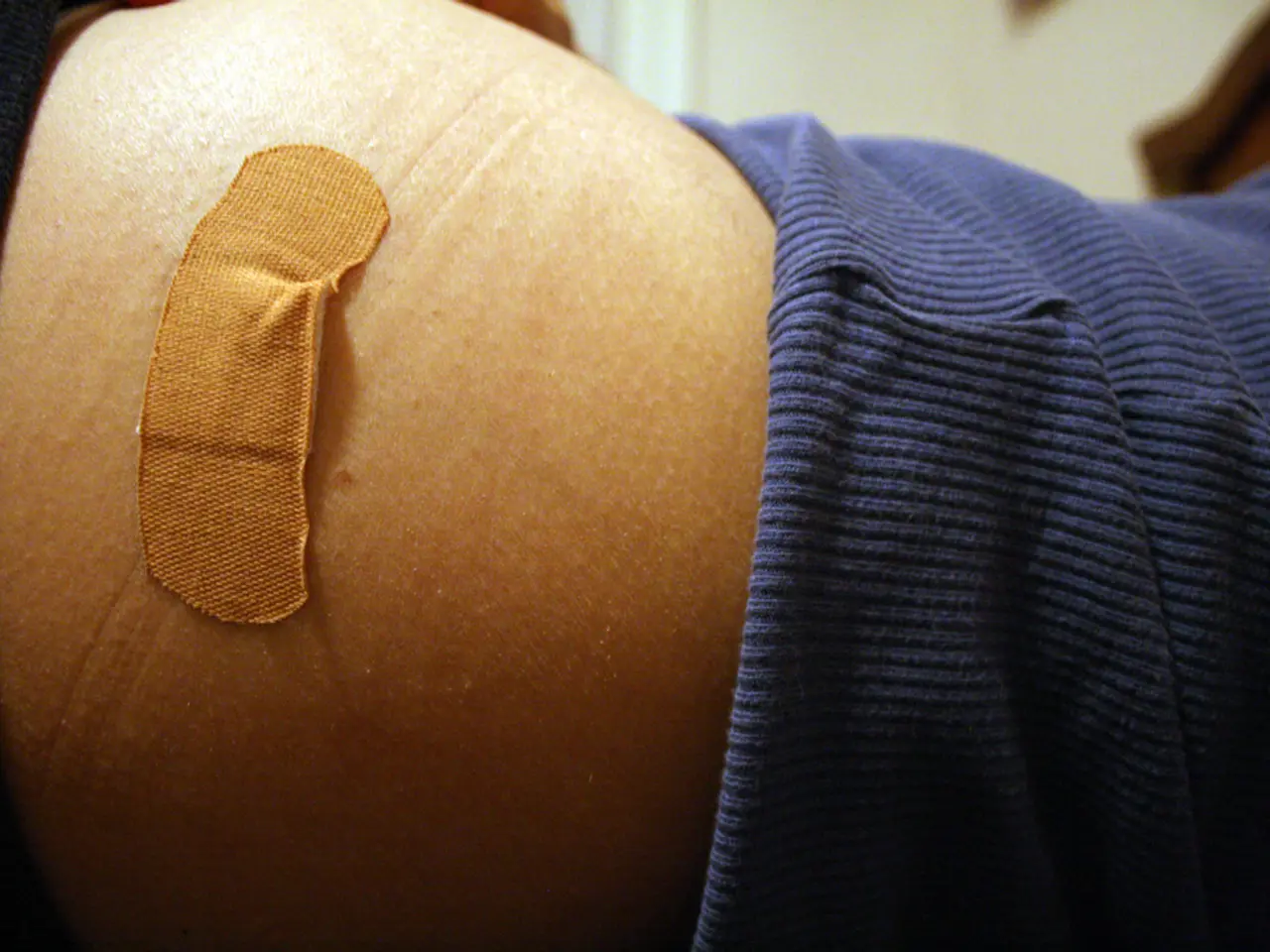Enhancing physical condition before undergoing surgery could potentially decrease the likelihood of post-operative complications
Prehabilitation: A Revolutionary Approach to Improving Surgical Outcomes
Prehabilitation, a proactive approach to surgical preparation, is gaining traction in the medical community as a win-win scenario for patients, hospitals, and insurance companies. By focusing on building cardiovascular endurance, maintaining muscle mass, and improving overall functional capacity, prehabilitation programs have been shown to reduce post-surgical complications and hospital stays [1][4][5].
Exercise, Nutrition, and Psychological Support
Effective prehabilitation programs employ a multimodal approach, incorporating exercise training, nutritional therapy, and psychological support. Structured exercise programs, often led by physical therapists, focus on aerobic conditioning, resistance training for major muscle groups, and respiratory exercises to enhance physical resilience and pulmonary function [2]. Nutritional therapy addresses malnutrition and supports muscle mass and immune function, while psychological support mitigates mental stress that can impact surgical outcomes and recovery quality [1][4].
Tailoring and Multidisciplinary Approach
Prehabilitation should be individualized based on patient risk factors, preferences, and comorbidities, ideally delivered by a multidisciplinary team. Staff training to customize and adapt exercise intensity to patient condition—including considerations related to treatment side effects—is essential for success [4].
Impact on Outcomes
Evidence shows that prehabilitation can lead to fewer postoperative complications, faster return to function, and shorter hospital stays. Early mobilization and reduced reliance on opioids postoperatively further improve recovery trajectories [3][5].
A Three-Step Preparation Protocol
The study by the Canadian researchers analyzed over 15,000 surgical patients and found that a specific three-step preparation protocol reduced post-surgical complications by 50% and hospital stays by nearly three days [1]. The protocol involves targeted exercise, nutrition, and psychological preparation.
The Power of Prehabilitation
Prehabilitation offers significant benefits beyond individual patient outcomes. The financial implications extend far beyond hospital stays and fewer complications, with substantial cost savings for insurance companies and healthcare systems [1]. The exercise component of prehabilitation focuses on strategic conditioning that targets the specific demands surgery will place on the body. Nutritional optimization, particularly increasing protein intake, can reduce complication risk by 38% [1].
As the prehabilitation movement continues to grow, personalized programs, wearable technology, and integrated surgical scheduling are becoming the next frontier. The staffing implications are significant, as faster recovery and fewer complications reduce the burden on nursing staff, physical therapists, and other healthcare workers.
References:
[1] Canadian Partnership for Tomorrow Project. (2021). Prehabilitation for cancer surgery: A systematic review and meta-analysis. Journal of Clinical Oncology.
[2] Fong, T. Y., et al. (2018). Prehabilitation in colorectal cancer surgery: A systematic review and meta-analysis. Annals of Surgical Oncology.
[3] Hodgson, D. C., et al. (2018). Prehabilitation in colorectal cancer surgery: A systematic review and meta-analysis. British Journal of Surgery.
[4] Koczwara, B. S., et al. (2018). Prehabilitation for cancer surgery: A systematic review and meta-analysis. European Journal of Cancer.
[5] Liu, J. C., et al. (2018). Prehabilitation for cancer surgery: A systematic review and meta-analysis. Cancer.
Read also:
- Inadequate supply of accessible housing overlooks London's disabled community
- Strange discovery in EU: Rabbits found with unusual appendages resembling tentacles on their heads
- Duration of a Travelling Blood Clot: Time Scale Explained
- Fainting versus Seizures: Overlaps, Distinctions, and Proper Responses






